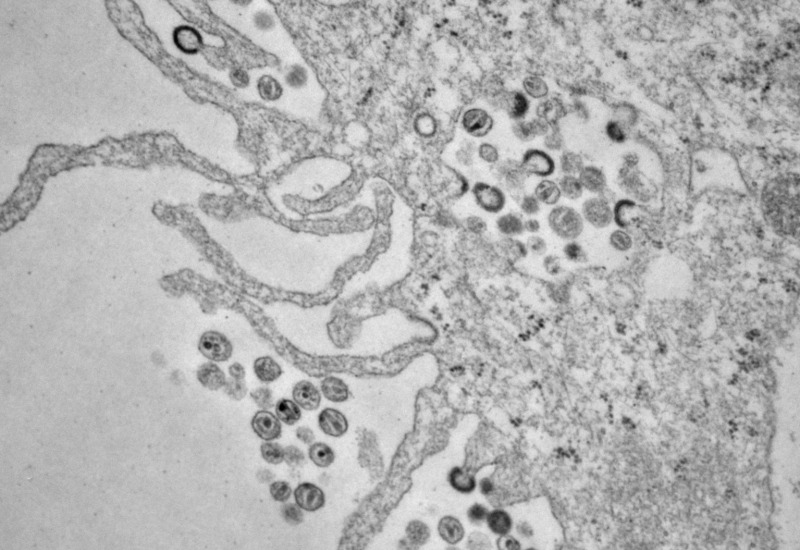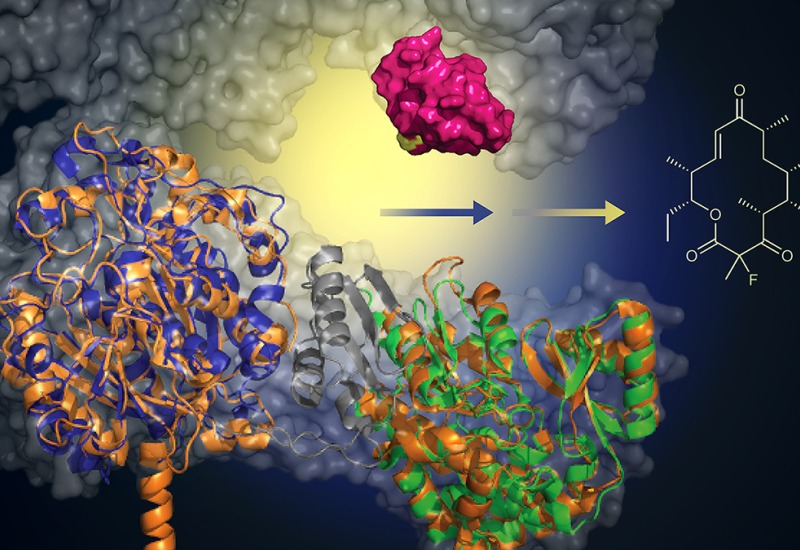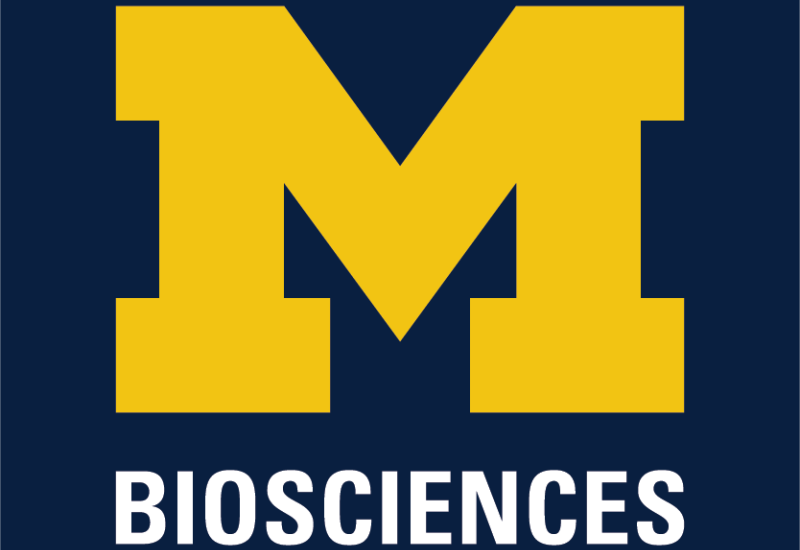New view of a biological antibiotic assembly line reveals how machinery could be exploited to build better antibiotics
LSI researchers have determined how the final machine in a biological assembly line completes the production of an important group of antibiotics, opening the door the door to tinkering with the machinery to produce new antibiotics.
Researchers open new leads in anti-HIV drug development, using a compound found in nature
A team of U-M researchers has successfully modified a naturally occurring chemical compound in the lab, resulting in advanced lead compounds with anti-HIV activity.
Researchers merge data science and synthetic chemistry to produce more powerful biocatalytic tools
A team of researchers from the University of Michigan and University of Utah has developed a new method for optimizing the tools that nature uses to build chemical compounds.
Scientists develop greener, more efficient method for producing next-generation antibiotics
Researchers have developed a method for altering one class of antibiotics, using microscopic organisms that produce these compounds naturally. The findings could lead to more efficient production of antibiotics that are effective against drug-resistant bacteria.
Magnifying the MicroAmazon: Searching for potential new medicines where biodiversity boils over
Deep in the Peruvian Amazon Rain Forest, microorganisms are thriving within a river so hot, it boils. U-M graduate student Rosa Vásquez iexploring the Boiling River’s ecosystem, searching for genetic clues that explain how these organisms have evolved to survive in their scalding surroundings.
Research Highlight: New study reveals how some fungi initiate a crucial chemical reaction in nature’s lab
An international team of researchers has decoded the complex process that fungi use to build an important class of bioactive compounds.
LSI Cubed helps trainees turn high-risk ideas into high-impact findings
The LSI Cubed funding program is spurring innovative, trainee-led research projects, and already resulting in high-impact scientific findings.
Researchers resolve how fungi produce compounds with potential pharmaceutical applications
Researchers have solved a nearly 50-year-old mystery of how fungi produce a large class of bioactive compounds, revealing a chemical reaction reaction that is nearly unprecedented in nature
Seeking bacterial survival mechanisms in the ‘MicroAmazon’
LSI researchers are traveling more than 3,500 miles from Michigan to the Mayantuyacu Community in Peru in search of the organisms that can survive in a river so hot, it boils.
LSI Cubed funds new round of trainee-initiated, multi-lab research projects
Four teams of graduate students and postdoctoral fellows will soon launch their own cross-lab, interdisciplinary projects, with funding from the LSI Cubed program.
U-M researchers helping to prevent freshwater algal blooms
LSI researchers are part of a new, federally funded effort to understand and prevent toxic algal blooms that plague portions of the Great Lakes and impact freshwater sources around the world.
Biosciences Initiative invests $45M in U-M research
Three ground-breaking LSI projects are among the University of Michigan projects to be funded in the first round of investments from the Biosciences Initiative.
U-M faculty team up to accelerate the response to biothreats
With funding from the U-M College of Engineering's Blue Sky Initiative, a team of researchers is setting out to streamline the process for developing the next generation of antimicrobials.
Mutation that disrupts DNA’s electrical signaling linked to colon cancer
Research collaboration reveals how a mutation in the MUTYH protein prevents it from doing its job repairing damaged DNA — and our DNA can function like an electrical wire, conveying important signals.
Enzyme's structure reveals how nature performs rare molecular transformations
How one type of enzyme allows a microorganism to produce molecules with a wide range of potentially beneficial activities — from fighting insects to killing fungi.
Diving into science diplomacy
Graduate student Amy Fraley recently joined faculty member David Sherman on his latest expedition in Cuba, where strict barriers have prevented access for nearly 60 years.
Stumping Iron
Postdoc Laura Mike, Ph.D., is targeting bacteria’s need to scavenge iron from its human host in order to survive.
How does nature make it? Mapping cyanobacterial pathways in the search for new drugs
Researchers have mapped the complex chemistry involved in creating several types of bioactive compounds that are naturally produced inside bacteria.
Journey to Nepal: a story of science and family
David Sherman and his daughter traveled to Nepal in the search for microbes that produce beneficial molecules.
New anti-biofilm compounds show promise against drug-resistant bacteria linked to hospital infections
A new class of anti-biofilm compounds derived from marine microorganisms that show promise against a drug-resistant bacterium commonly associated with hospital-acquired infections.
Resistance mechanism found against new antibiotics
A team from the LSI, University of Illinois, Chicago, and University of Southern Denmark has identified a resistance mechanism against ketolides, a new type of antibiotics just entering widespread use.
Mimicking Mother Nature: Pinpointing natural cancer drug’s true origins brings sustainable production a step close
For decades, scientists have known that ET-743, a compound extracted from the mangrove tunicate — a kind of sea squirt — can kill cancer cells. Until now, its precise origins were a mystery.
Plant-based traditional medicines to treat Buruli ulcers
Eli Benchell Eisman, a post-doctoral research fellow working in the lab of David Sherman in the LSI and a STEM-Africa Seed Scholar, spent ten weeks in Ghana investigating plant-based traditional medicines in hopes of ultimately developing new drugs.

























